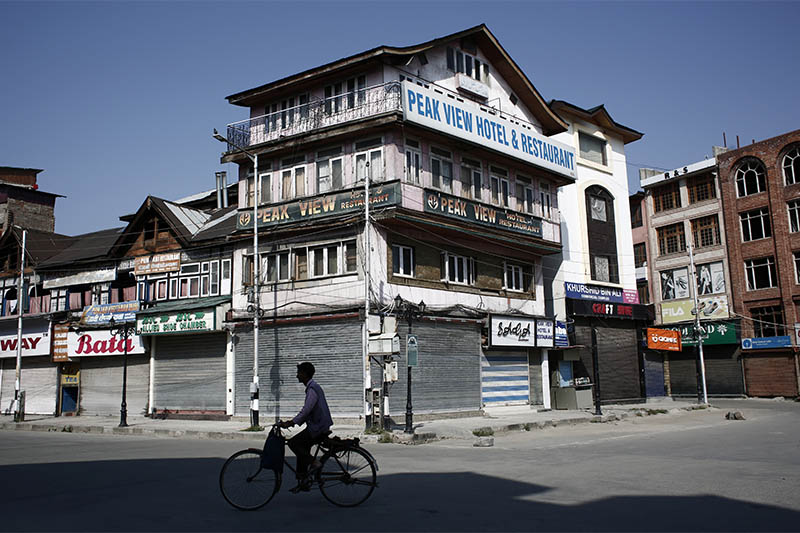Workers’ unions refuse to obey HAN’s decision
Kathmandu, May 4
Workers’ unions have refused to implement the decisions of the Hotel Association Nepal (HAN) regarding workers. All Nepal Hotel Casino and Restaurant Workers Union; Nepal Free Hotel, Casino and Restaurant Workers Union; and Nepal Tourism and Hotel Workers Union have jointly issued a press statement today expressing their objection towards the decision of HAN either to reduce workers’ salary or to lay off workers.
“All are aware about the impact of the coronavirus on the country’s tourism sector and investment worth millions in the tourism sector is at risk at the moment. And workers have also been highly affected due to this situation,” the statement reads.
It further adds that workers are also cooperating with their companies during this crucial time and are ready to work along, however, HAN has tried to threaten workers by asking them to either take 12.5 per cent of their basic salary or leave their jobs.
“This is against the government’s decision.”
Recently, the government had requested all the industries to provide at least 50 per cent salary to workers and secure their jobs. However, issuing a statement on Sunday, HAN had said that hotels cannot go along with the government’s decision.
Through the press statement, the workers’ unions have requested all the member and non-member workers not to obey the decision of HAN and to take a stand regarding their jobs.
“HAN cannot take any decision unilaterally. If HAN does not withdraw its decision, the unions will start a protest and HAN itself will be responsible for the consequences thereof,” reads the statement.
The workers’ unions have also demanded the government to take action against the hotels that are not implementing the government’s decision.
On May 1, the government had directed firms to immediately issue 50 per cent of workers’ salary till Baisakh and gradually pay the remaining amount after their businesses resume.
But citing the loss in the industry HAN has stated that hotels are not able to afford the salaries of workers.
A version of this article appears in e-paper on May 5, 2020 of The Himalayan Times.






